With a joint effort between members of the club and our historian John, we would like to share a couple of stories put together to reflect on our successful 2022 season.
WHAT AN AMAZING YEAR
The Merewether Carlton coaching and management group adopted the manta ‘2022-Unfinished Business’, and what an amazing year it turned out to be.
There had been huge disappointments in the previous two seasons. There was no competition at all in 2020 because of Covid 19. Then, in the following season, Covid struck again as the competition was entering the final stages. No finals but Carlton were at least awarded the Premier 1 minor premiership.
‘’That wasn’t enough. Nowhere near enough. And we start again. No short cuts, no stopping before the line, just back to the start, ‘’ said Carlton coach Jamie Lind.
This time there was a full season and come grand final day on September 24, the Greens added yet another trophy to the cabinet after bringing down Hamilton at No 2 Sports Ground. The firsts were also minor premiers, won the Hawthorne Cup, Kia Toa Shield (Most Anderson Medal Points), Toohey Premier Club of the Year, Halter Adams Shield, Steve Lane Cup, Whale 7’s Cup, Sam Bright was the highest point scorer in the competition and Rhys Bray won the John Hipwell Medal (Player of the Grand Final).
To show the strength of the club, the Greens were also minor premiers in P2 and P3 and P3 also won the double.
The 2022 season saw some changes to the coaches and setup. Bob Harrison rejoined the Greens after many years assuming the role of Rugby Operations manager from Steve Mackay who moved interstate for work. Former Premier 1 coach Tony Munro rejoined the club in the role of coaching co-ordinator.
Andrew Pryce and Ben McCulloch stepped up to Premier 2, Steve Gaul and Jay Strachan took third grade. Also on board were scrum guru Steve Baretto, lineout legend Michael Dan, super strapper Greg Williams, Sam Johansen as S and C, Dave Renfrew as the physio and ageless water boy Ben Bowen.
Here’s how coach Jamie Lind saw the season unfold.
He said: ‘’We open the season against our arch rival Wanderers on Anzac Day at No 2 Sports Ground. Much like the home team, the ground lacks a bit of character and soul. An almighty war is raged with the big boys in blue holding the upper hand over the good guys in green. Rhys Bray disclocated his ankle and Ben Fleming fractured his cheekbone. Enter the second half super subs Will Mansfield, Will Frost, Brenton Gibson, Sam Bright and Lachlan Swan.’’
The Greens squeeze home 24-23 and the Halter Adams Shield is secured.
Jamie continues: ‘’ The tone has been set. No Wildfires. No excuses. Just a will to win. Celebrations commence. It has begun! Round 2 is against Hamilton, our closest rivals from 2021. Early breaks and the script is looking familiar. A scream is heard, a mass of bodies on the ground and scrum half and club captain Eli McCulloch lays prone. Enter our reserve forward-lineout coach and orthopaedic registrar Michael Dan. Hip relocated and ambulance arrives.
‘’The game continues but Greens can’t address the demons of losing a mate and go down 17-0 at half time and it remains the same score at full time. It is all over before it has even began.’’
The Greens are pitted against Singleton in round three. ‘’There were new faces, new names but the same attitude and a resounding win, which set the tone for the group and the rest of the season,’’ Jamie said. ‘’There will be no excuses, we have the right people, let’s make it happen. We progressed through the season proper with only one more loss to a spirited Nelson Bay in ‘the one we needed to lose’.
‘’The second half of the season saw impressive results against Maitland (winning the Steve Lane Cup), Hamilton (Hawthorne Cup) and Wanderers (retaining the Halter Adams Shield) to finish the preliminary rounds and wrap up the minor premiership.
‘’Minor Premiers, reward or curse? Two byes in the last four rounds combined with a week off for being the minor premier could see us undercooked or fighting fit and refreshed. Now to the major semi-final against perennial powerhouse Hamilton Hawks. We were down 21-0, but not out, not this team. Enter the super subs and the mountain climb begins. Tries to Milton, McCulloch and third grade replacement prop Nick Sykiotis sees the game draw near, for Hamilton to strike late. Is all lost? Not quite.
‘’It’s the 84th minute and 46 metres out. It’s a ruck penalty to the Greens. Step up Sam Bright. The technician nails the shot. Celebrations erupt. The Greens win 28-26 to proceed to their first grand final since 2012.’’
While the Greens have another week off, Hamilton make mincemeat of Wanderers.
The conditions are wet and windy on grand final day at No 2 Sports Ground. ‘’Learning from the excitement and emotion of the semi-final, the first grade team hole up at the Green Room, music, lunch and cheering on the third grade boys (watching on the screen) to a solid victory,’’ Jamie said.
‘’There’s no nerves when we get to the ground. Just excitement and anticipation. Captain Sam Rouse delivers a message for the ages to the troops before leaving the rooms to warm up. Great warmup, toss won and running with the breeze.
‘’We hit the field. Hamilton start strongly. Their game around power runners across the park. Barnstorming 30-try prop Chris Hemi on one side, former Green Seva Rokobaro on the other and classy import Taufu Kinikini in the middle. Big man Billy Clay returning to the side and pulling the strings. Shut down the threats. Stay connected in defence. Do it, don’t just say it.
‘’It’s nine minutes into the game and McCulloch dummies from the ruck and punches over to score a replica of his semi-final try. It’s converted by Bright (7-0). Three minutes later Hamilton hit back and it’s 7-all. Bright seals the half with a 36th minute penalty for a 10-7 lead.
‘’A slender lead but in the coaching box we know it’s won, the body language says it all. And just like the moment when Ivan Drago in pummelling Rocky exclaims; ‘He’s not a human. He’s like a piece of iron’, the champions step up once more. The second half commences and the Greens can’t be beaten because body language says it all. Enter the reserves, enter the sandman. Further penalties to Bright in the 70th, 75th and 80th minutes. It finishes 19-7.
‘’Rhys Bray is man of the match but captain Sam Rouse is man of the moment, leading his men to a win for the ages against a team that had won five straight premierships. Ding-Dong! The Witch is Dead.’’
A very modest Jamie didn’t mention he was the Hunter Rugby Union Coach of The Year.
—–
FLY-HALF SHINES BRIGHT
While Australians had a public holiday on Thursday, September 22, 2022, as a national day of
mourning to mark the death of Queen Elizabeth 11, Merewether Carlton five-eighth Sam Bright spent time doing some goal kicking practice at No 2 Sports Ground.
Sam returned to the ground two days later with his Carlton team to face Hamilton in the Hunter Premier One Rugby Union grand final. And it was Sam’s trusty boot that spearheaded the Greens to a 19-7 victory and ended an 11-year drought of first grade premierships for the club. Sam had a 100 per cent kicking record, with a conversion and four penalties and took his tally for the season to 214.
It also meant Sam no longer had to live with the nightmares of the 2012 grand final when the Greens copped a flogging from Hamilton. Carlton did have a number of stars missing that day – Mark Wade and Dan Kevill, both Anderson Medal winners, Sean Rudder and Cal McDonald.
Sam was the sole survivor from the 2012 team but his craft and kicking proved invaluable in the 2022 season, which also saw the Greens take out the minor premiership.
When Sam stepped up to take his third penalty with the Greens ahead 13-7, he knew his players would draw more confidence if he raised the flags with that kick and it also meant Hamilton would have to score twice. ‘’Our defence had been good and I did think Hamilton were starting to tire a little but you never know what can happen in grand finals,’’ Sam said.
When Sam sent the ball sailing between the posts for his fourth penalty, there was no way back for Hamilton, who had won the previous five titles. ‘’There was only about 90 seconds left and I took the full time to kick. It ended up being the last play,’’ he said.
Having come from behind 21-0 to win 28-26 in the major semi-final and thanks to Sam’s long range penalty in the dying moments, the Greens knew they couldn’t afford another bad start in the big dance.
So, what did they do differently?
‘’Our game day preparation was very different,’’ said Sam. ‘’We had all three grades in the major semi-finals. We all went and watched the third grade. The food at the ground was not ideal. Also, it was emotionally draining.
‘’By the time we played everyone felt nervous. We had a chat about it after the game and decided we’d go to Townson Oval on grand final day, play some cards, eat better food and have Gatorade drinks available.
‘’We also watched our thirds win on the TV screen in the Green Room. It allowed everyone to keep their emotions in check. We caught a minibus to the ground and everyone was pumped.’’
The Greens led 10-7 at half time through a try by Eli McCulloch and a conversion and penalty from the boot of Sam. ‘’While it (conditions) was really gusty, I thought we had the better of it in the first half, although probably would have liked a few more points,’’ Sam said.
‘’Our tactics were similar to the major semi but we just had to execute better. It was more about sticking to what we knew and if things weren’t working just hang onto the ball and not giving them a chance and get into an 80-minute grind. Also, not try and win it in the first 20 minutes and not lose it either.
‘’All season we’d had good second halves and part of that was Michael Dan and Kade Robinson coming on and making an impact. Once again they were so inspirational when they came on in the grand final. Our forwards really lifted in the second half. Rhys Bray and Lachie Milton are just machines. Rhys is just so fit he could have played another half an hour and was a deserved winner of the Hipwell Medal, the player of the match.
‘’Not to mention the work of our front rowers Dave Puchert, Nick Ball and hooker Brad Lauder. And the super efforts of Darcy Christie Johnson, Brendan Jackson and Lachie Miller. The pack was just magnificent.
‘’Overall. we had more energy and depth from the bench than Hamilton. They were a bit unlucky that their second grade played before whereas we had a fresh bench. In saying that, we had a first grade standard bench.’’
Asked what role did the Greens fans play, Sam replied: ‘’A big part, especially in the second half when we were just camped down our end for 10 or 15 minutes defending. Every time we’d get a turnover or a penalty from a Hamilton mistake you’d just hear a roar and that would give everyone an extra lift. The players would look at each other, give a nod and look to the hill.
‘’I had a chat to Bill Clay (Hamilton five- eighth) after the game and he said the grand final nerves and the ‘green hill’ got to him when he had a shot at a penalty goal that could have locked up the scores at 10-all. They were chanting Billy, Billy and it must have been off putting for him.’’
When asked was there a difference in style between 2012 and 2022, Sam said: ‘’We still played the Merewether way and threw it around and had a good backline but I think the biggest difference to 10 years ago is that this year our set piece was really strong.
‘’Probably the strongest since I’ve been in first grade … to the point where we were pushing the Hamilton scrum back and we’d won most of our lineouts. In the 2012 grand final we might have lost five against the head and got penalised on a few more.’’
While Sam has been a prolific pointscorer in his time at the Greens, also scoring 285 in the 2018 season, it took him longer than expected to reach his 100 first grade games because of a serious wrist injury and Covid-19.
But he finally achieved that goal in 2022. He sits on 111 first grade appearances. The lawyer wasn’t letting anything out of the bag after the grand final about his future plans.
——-
BALL BOY FULFILS DREAM
From being a ball boy in Carlton’s 2011 first grade major premiership to becoming a first grade grand final winner himself 11 years later. That’s the story of Eli McCulloch.
But for his teammate Dr Michael Dan, the young halfback may never have fulfilled his dream to play in the 2022 grand final when the Greens defeated Hamilton 19-7 at No 2 Sports Ground on September 24 and win the club’s 18th title.
Eli badly disclocated his hip in the round two match against the Hawks at Townson Oval and it was feared his season was over.
‘’Fortunately, Michael was on the bench for us that day. He drugged me up and popped it back in on the field. It saved me a lot of trouble,’’ Eli said. Michael was serving his final year as an orthopaedic registrar at the time.
The halfback showed a lot of tenacity to get back on the field. “I put my head down and did a lot or rehab. I was just stoked when I came back in round 16 against University. It was remarkable,’’ he said.
Ever since Eli started playing for the Greens in under 11s in 2010 and would go and watch the seniors with his mate Rory Ryan, all he ever dreamed about was that one day he would be in a champion Carlton first grade team.
‘’When I was a ball boy in 2011, Jamie (Lind) was actually playing. Now he’s the coach,’’ Eli said.
How fitting it was that Eli had the Greens fans cheering madly when he crossed for the opening try of the match. It was the Greens only try, the rest of the points coming from the boot of fly-half Sam Bright.
‘’Brighty is just such a calming influence and his goal kicking is phenomenal. He didn’t miss any on the day,’’ Eli said.
Even though the Greens only led by three points (10-7) at the break, Eli always felt his team was dominating. It was different to the major semi-final. ‘’This time it had a whole different feel about it. We knew how they were going to play and we knew we played horrible in the major semi but got over the line thanks to Sam’s long range penalty,’’ Eli said.
‘’We knew our focus areas and we simulated a lot of that at training. I was never at one point stressed in the grand final. Our forwards were phenomenal. We have the best back row (Lachlan Milton, Rhys Bray and Lachie Miller) in the competition and Rhys is surely the best breakaway, our pack is just so fit and mobile and our props play close to 80 minutes.
‘’Because we have a very good bench Jamie brought on Michael (Dan) and Kade Robinson. Michael was just barking at the Hamilton boys and into them. He certainly made his presence felt in the second half.’’
A construction manager for Jamie’s company Core Project Group, Eli said the entire team walked back from No 2 Sports Ground to the Burwood Hotel in Merewether to begin their celebrations. ‘’Jamie pushed a trolley full of all the footy bags and before we arrived at the hotel we left the bags at Billy Dunn’s front doorstep,’’ Eli said.
‘’The place was packed when we arrived. Absolutely buzzing. The third grade had won their grand final and there were all the supporters. Somehow we squeezed in. We celebrated until around 7pm on Monday. I reckon we deserved it.’’
——
HIPWELL MEDAL TO RHYS
Breakaway Rhys Bray described being voted the winner of the prestigious John Hipwell Medal in the grand final as a great honor and just unbelievable.
‘’Considering the boys we have in our team like halfback Eli McCulloch and our awesome pack of forwards, to receive the award (player of the match) was humbling,’’ Rhys said.
‘’It was pretty crazy to win my first grand final with Carlton.’’
Rhys originally started out in rugby league with South Newcastle but joined the Greens in under 15s. ‘’I played with Eli McCulloch, Lachie Miller and that group. But after finishing Colts I decided to go back to league,’’ Rhys said.
He played in two grand finals with Souths (reserves in 2019) and firsts in 2020 but lost both. ‘’It was nice to finally lift one,’’ he said. While he played lock and second row for Souths, Greens coach Jamie Lind thought Rhys would be the perfect breakaway. He wasn’t wrong.
In his very first game of the 2022 rugby season, Rhys dislocated his left ankle against Wanderers and there were big questions marks about his recovery. ‘’I was out for seven weeks but worked hard to get back,’’ he said.
Rhys was studying to become a radiographer but ended up working fulltime for the Newcastle Knights commercial department in 2022.
On the grand final victory, he said: “All year we backed our defence. We knew if they (Hamilton) got inside the 22m, we’d have to turn up and hold them out. We did for a good chunk of the game. At 10-7 at half time, we also knew they’d be tough to hold out, especially chasing three points but we did. ‘’All year the injection of our bench has been massive. If you looked through the teams in the competition, they don’t have a bench like ours. When you bring on someone like Michael Dan and Kade Robinson when you are 50 minutes in the grind they just lift to another level. I felt the turning point was probably bringing them into the game.
‘’The energy they brought sapped it out of Hamilton. We felt if we could hold the ball in the second half we were pretty confident we’d get home.’’
Rhys had nothing but praise for the vocal Greens fans.’’ When we ran out the noise was crazy. There was one lineout over the far side when I was trying to hear a call from Brandan (Jackson). I couldn’t because the noise was so loud.
‘’The supporters certainly played a part in our victory but the bond in the team is so awesome. The best I’ve ever been involved with.’’
For more reminiscing of the 2022 Grand Final check out our gallery of images.
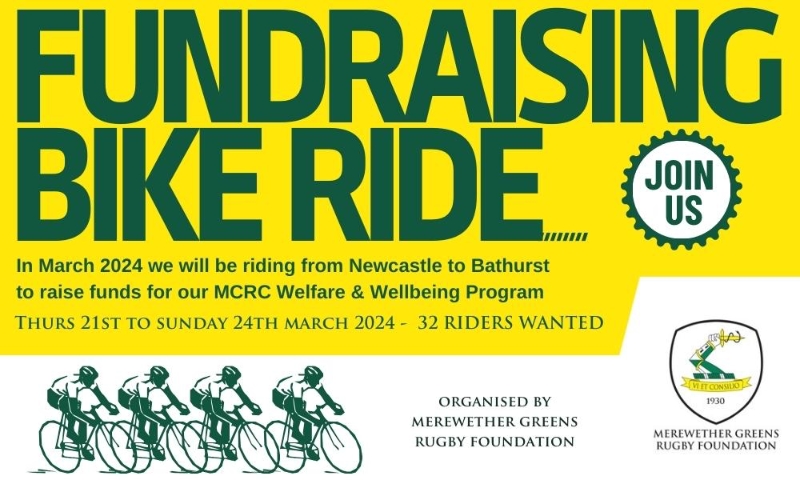

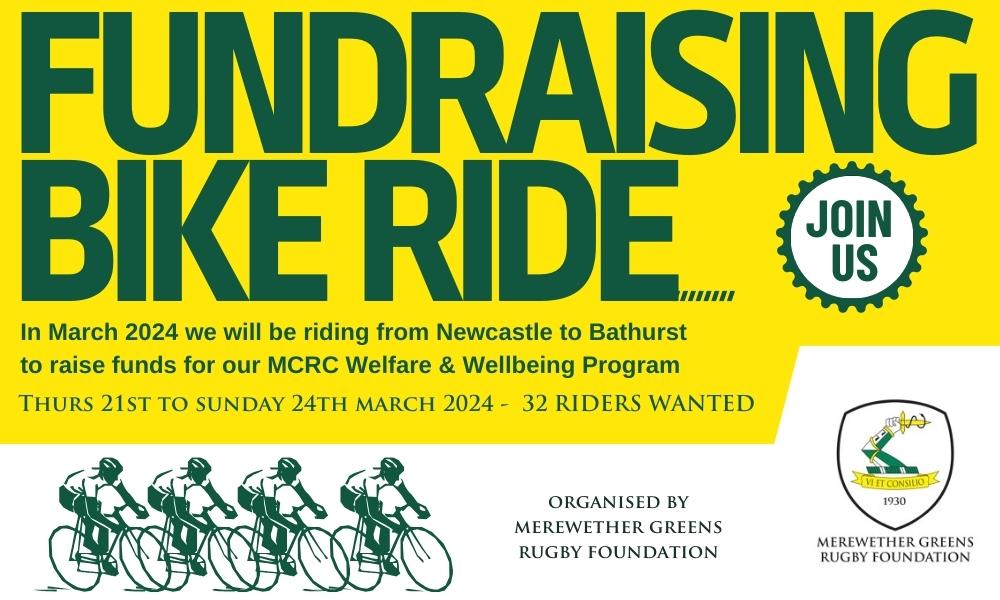
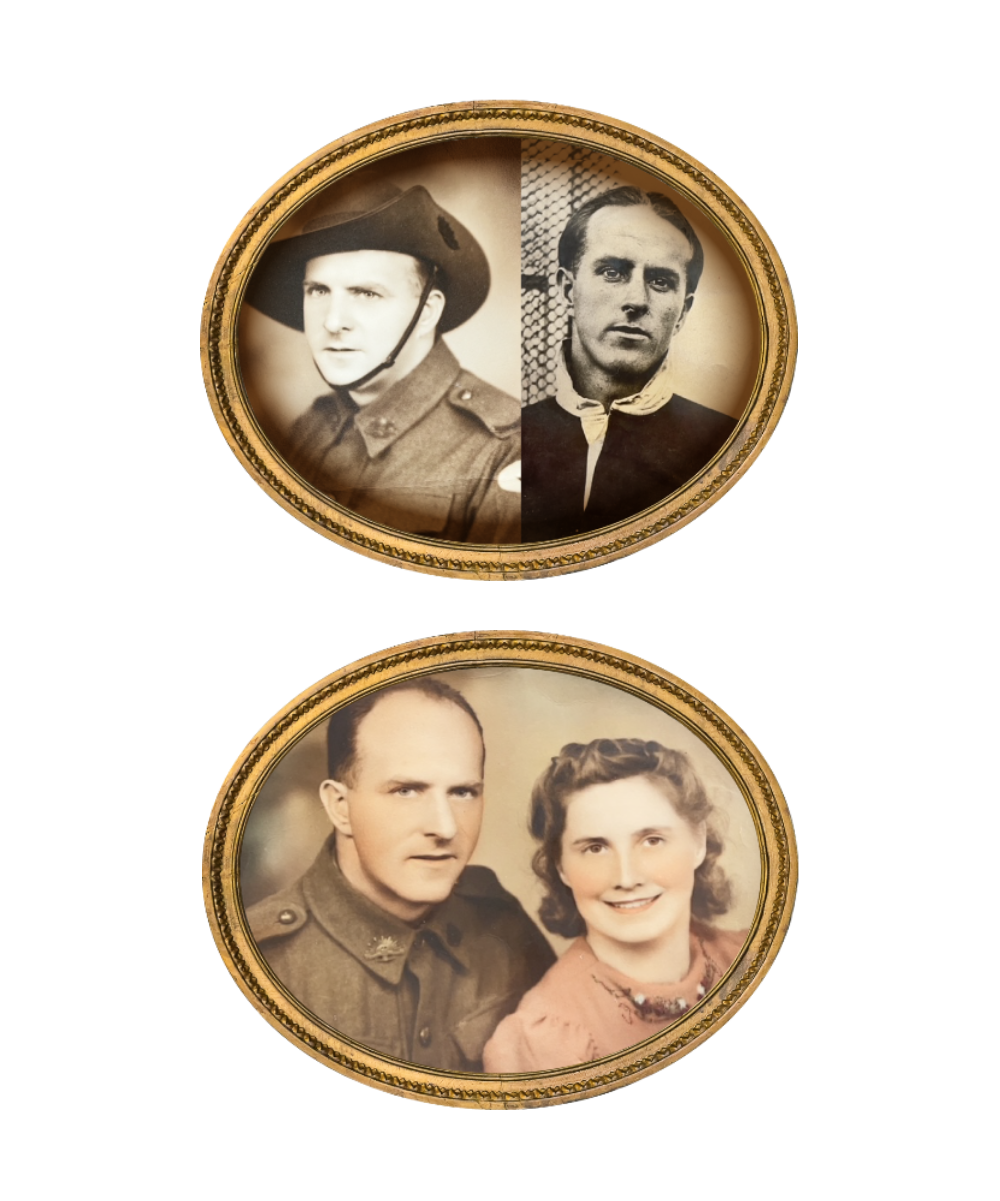
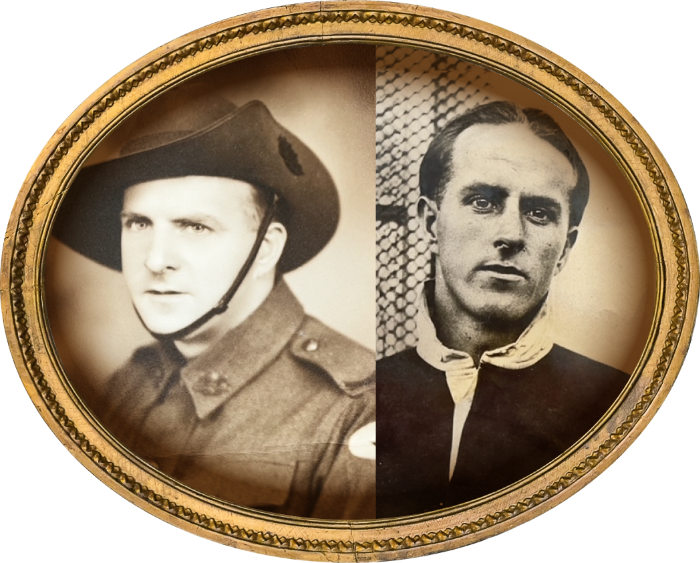
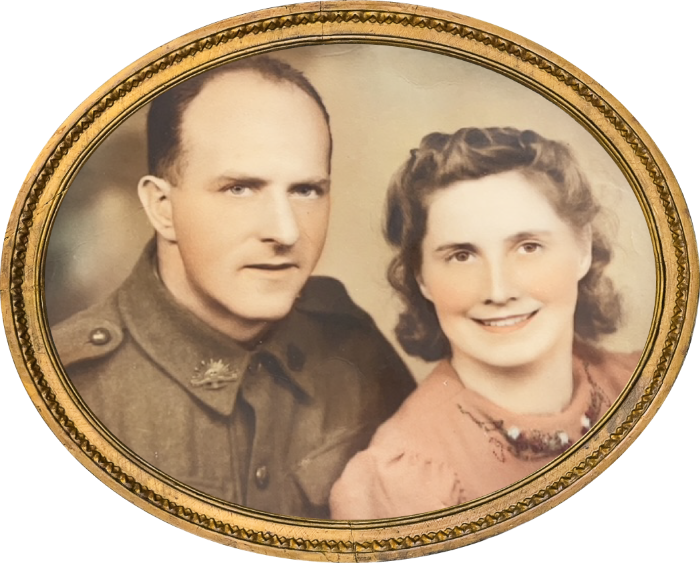
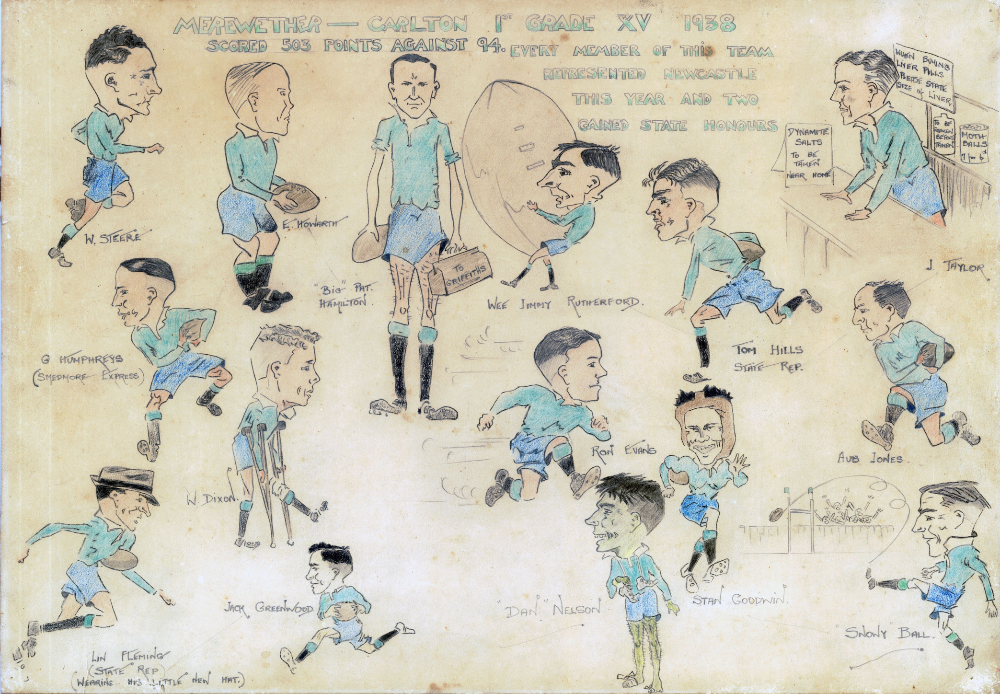
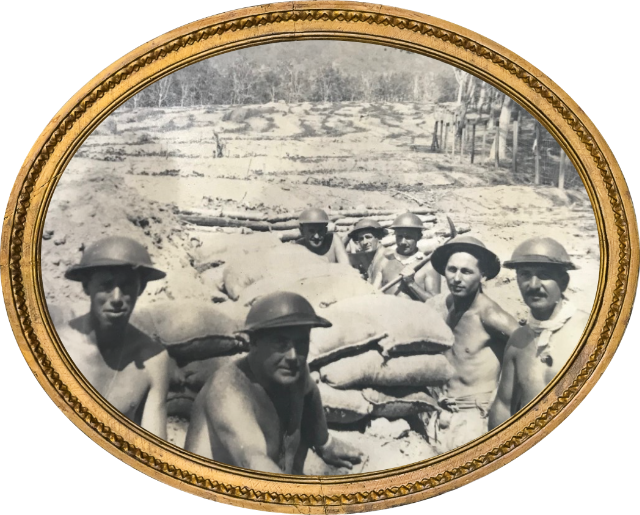
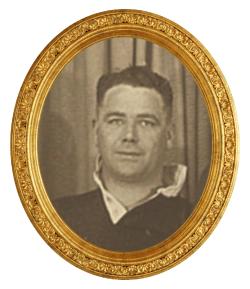
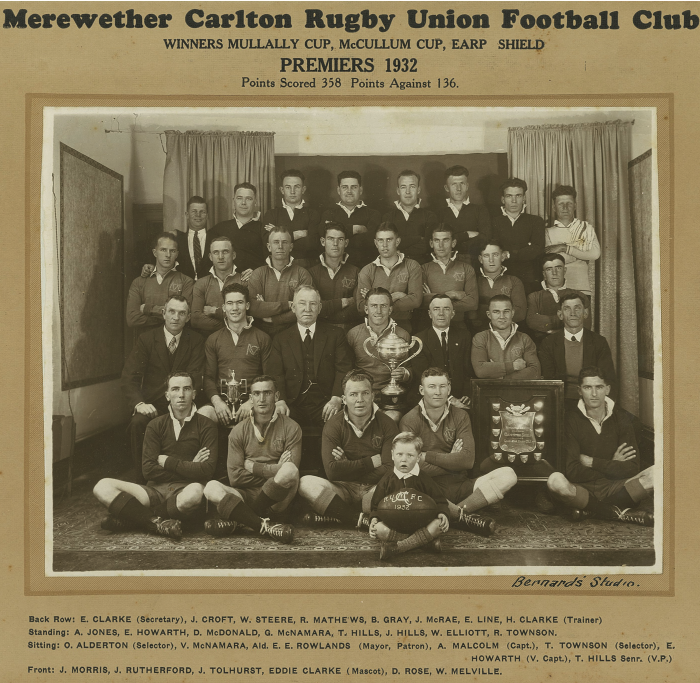
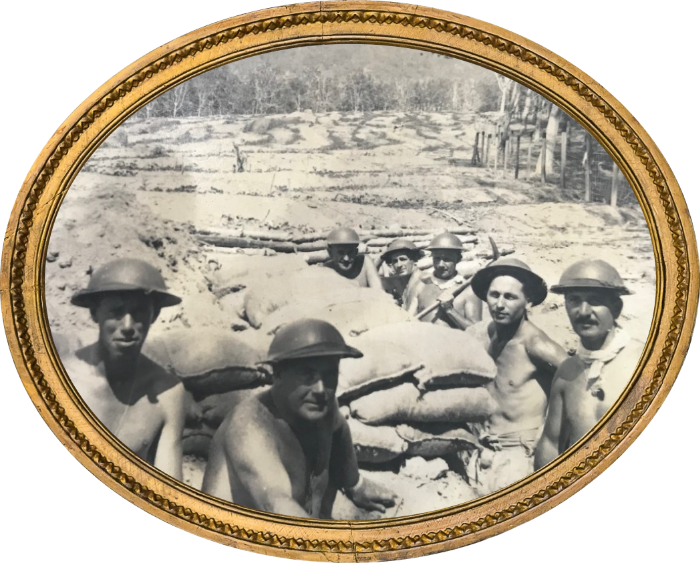
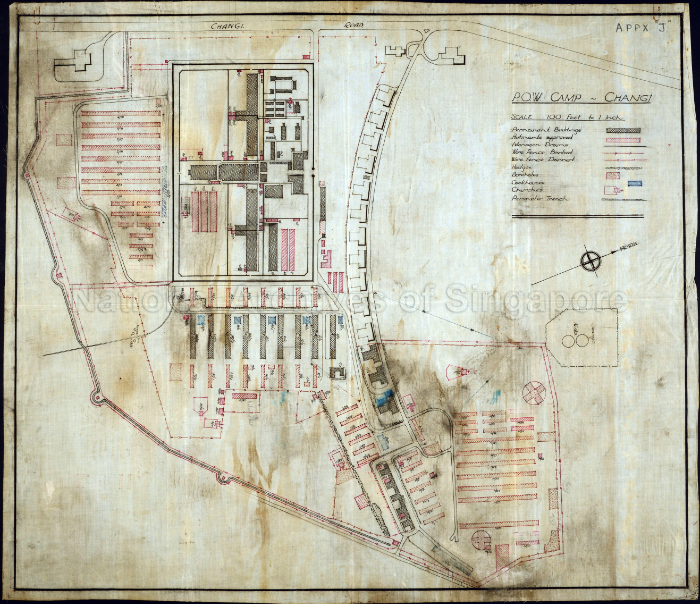
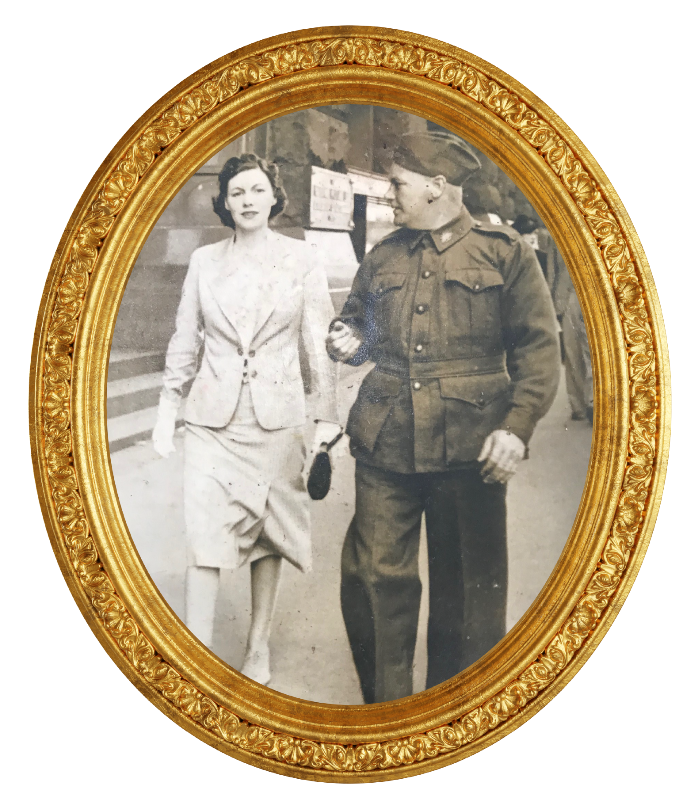
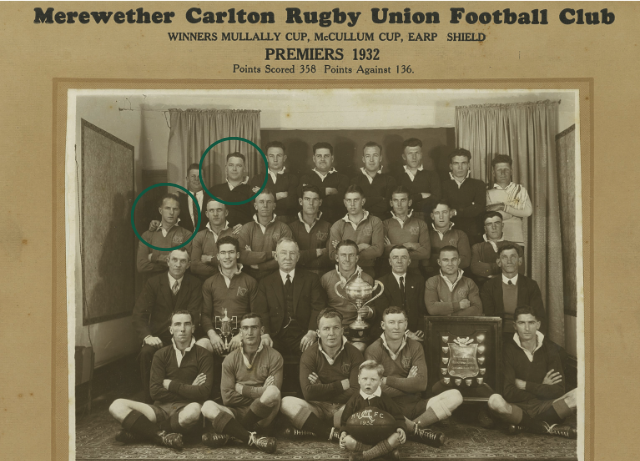
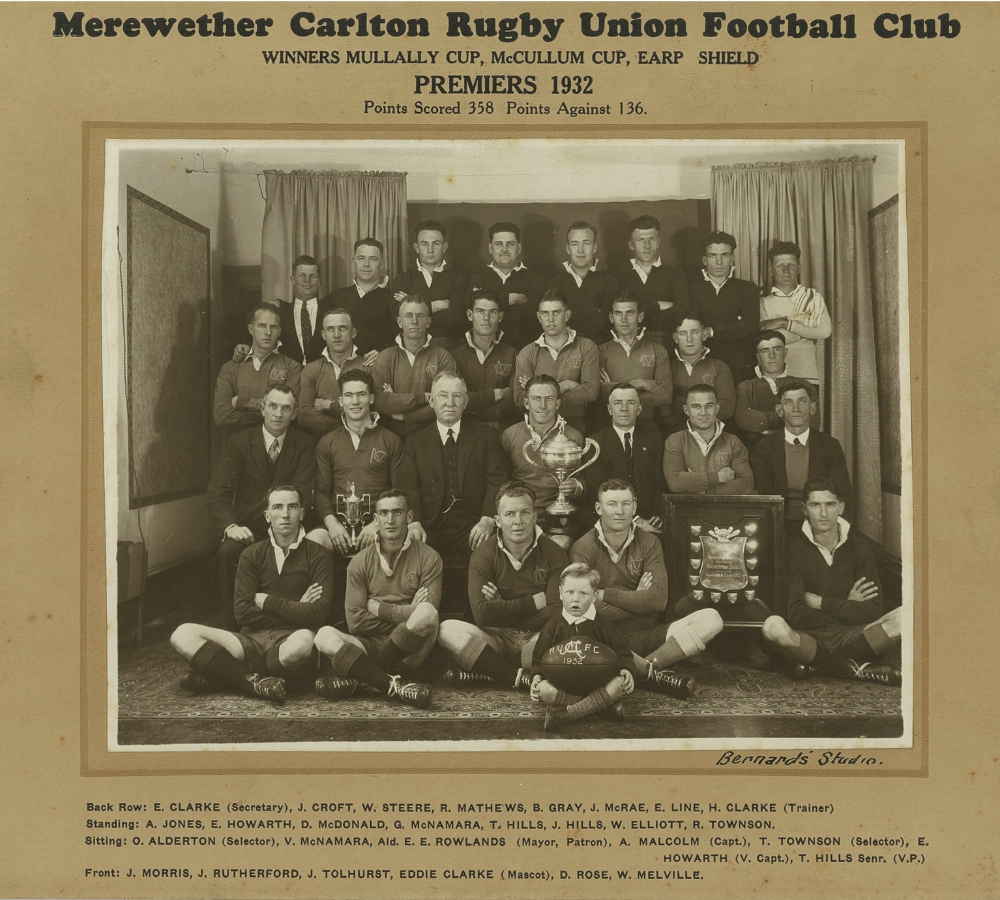
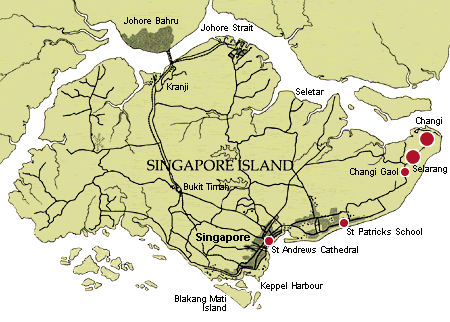
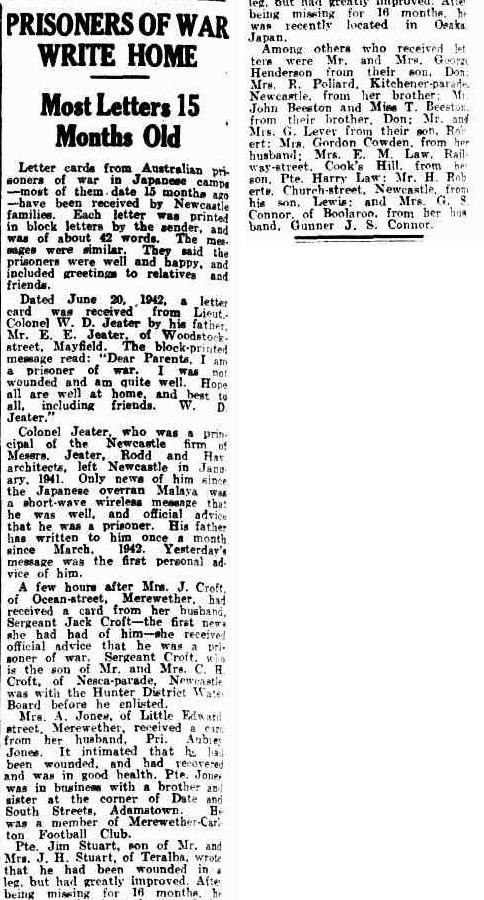
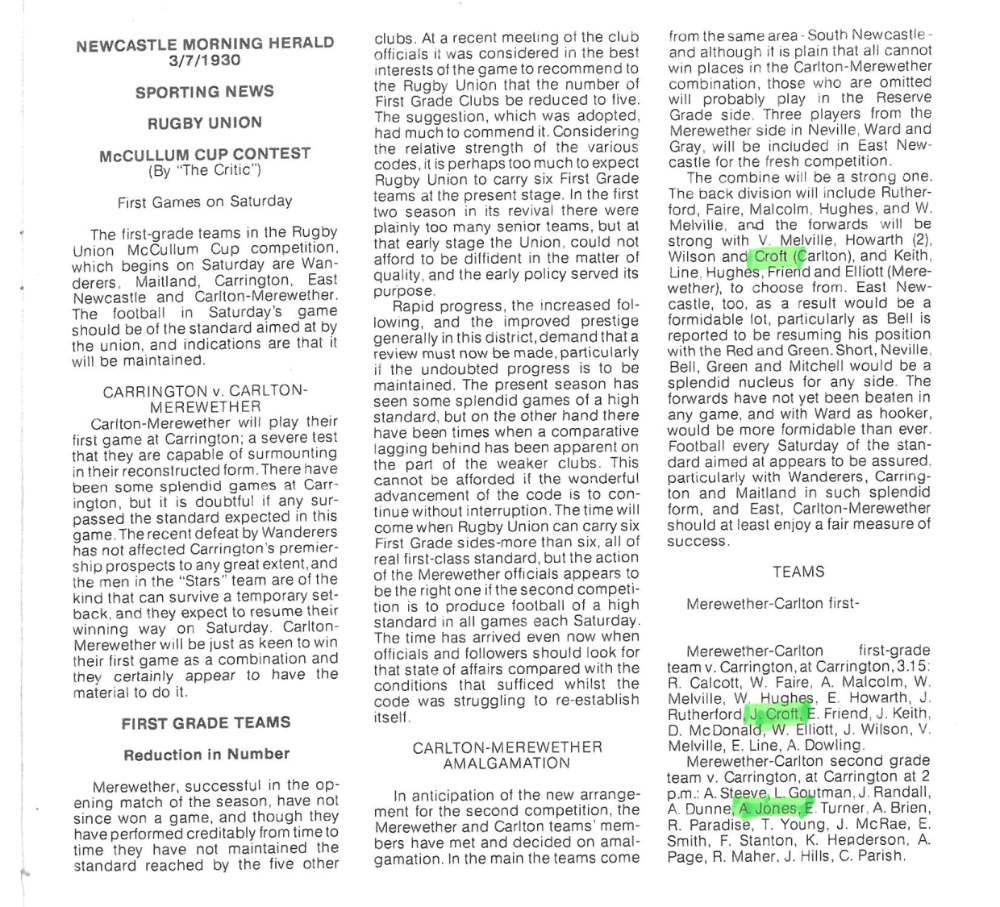
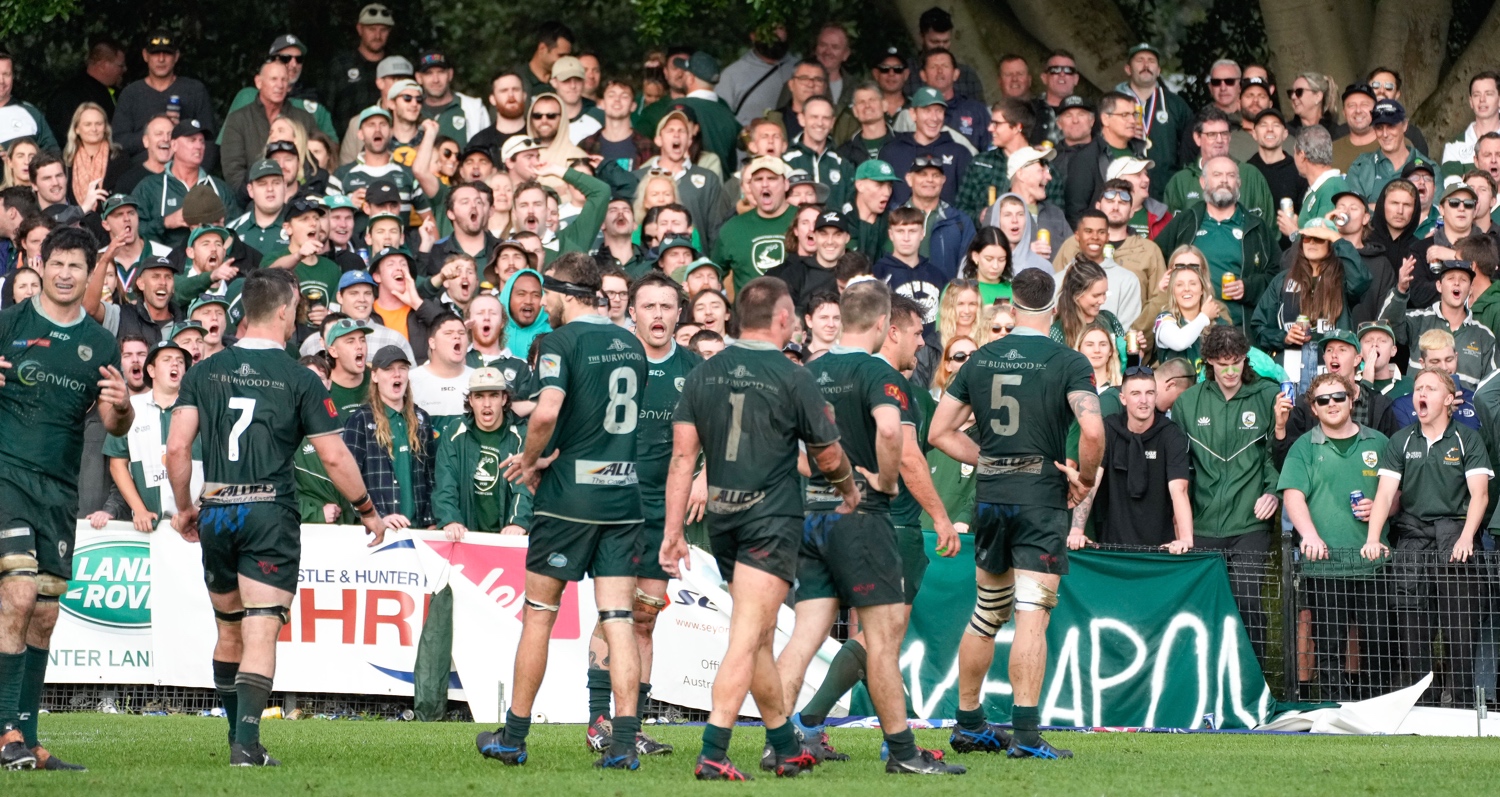














Social NewsNews and information
Merewether Carlton Rugby Club
Merewether Carlton Highlights @carltonrugby
@carltonrugby Rugby Union Club
merewethercarlton
Official account of Merewether Carlton Rugby Union Club 🟢
2024 Premiers 🏆
Est. 1930
#bleedgreen